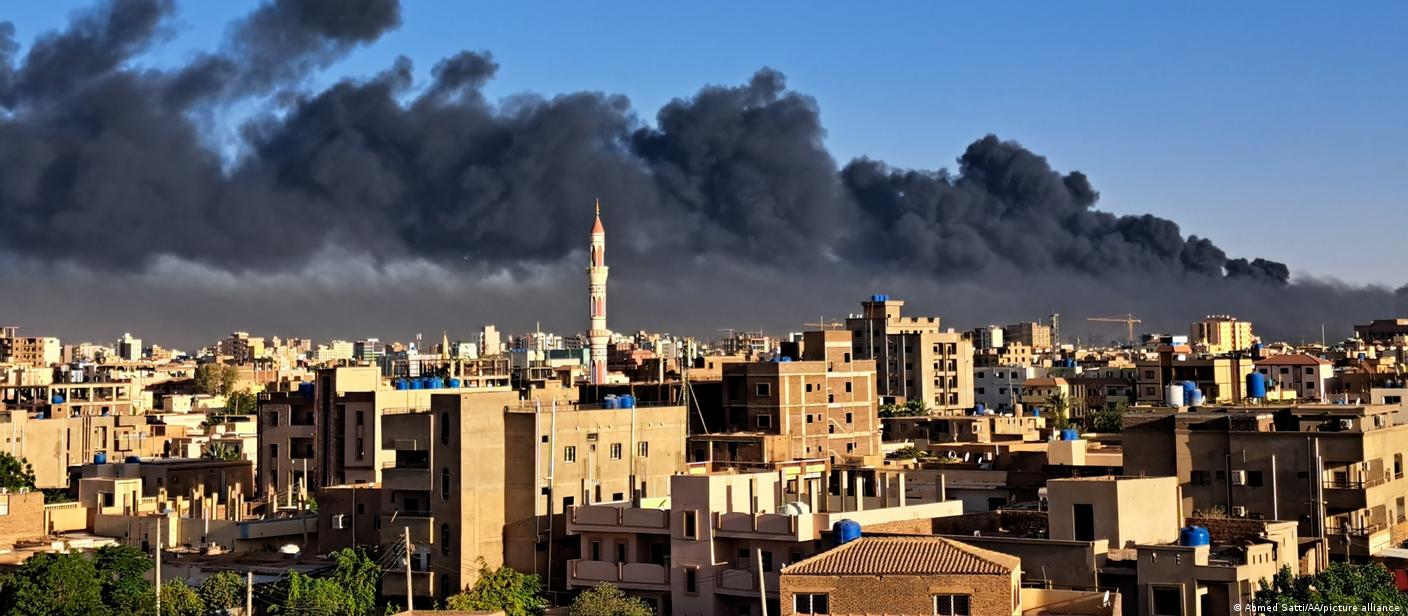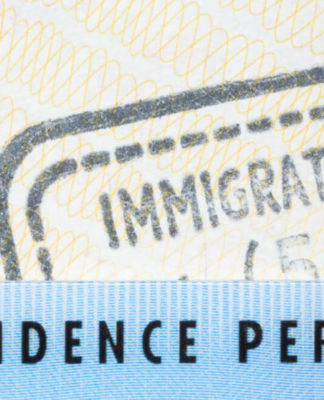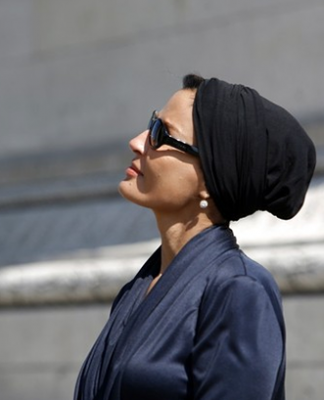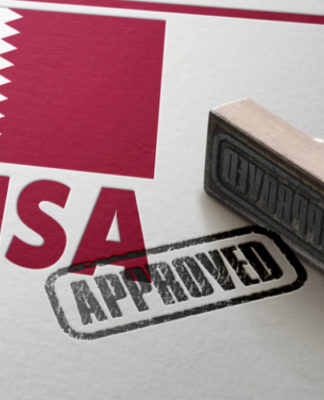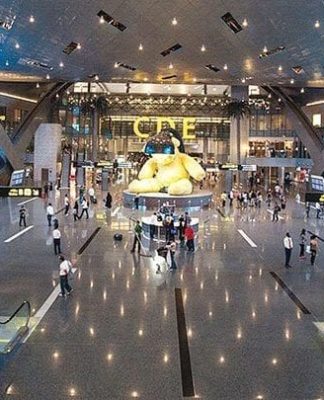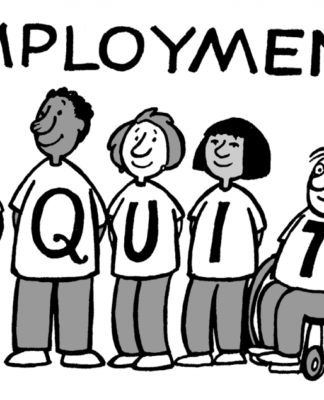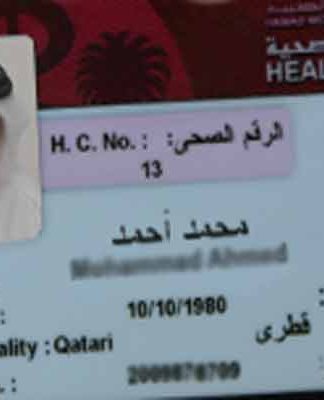CONFLICTSSUDAN
Sudan updates: Paramilitary RSF announces 24-hour cease-fire
Published 6 hours agoPublished 6 hours agolast updated 2 hours agolast updated 2 hours ago
The RSF paramilitary group said it would commit to a cease-fire starting Wednesday evening. Meanwhile, the fighting reportedly forced Germany to abandon an evacuation mission. DW has the latest.
https://p.dw.com/p/4QHql
The Rapid Support Forces (RSF), the powerful Sudanese paramilitary group engaged in heavy fighting with the army since Saturday, has announced a 24-hour cease-fire agreement that would begin at 6pm local time (1600 UTC) on Wednesday.
“We confirm our full commitment to a complete cease-fire and hope the other party commits to it, as per the announced timings,” the RSF said in a statement on Twitter.
It was not immediately clear whether the army would announce its own commitment to the cease-fire.
Fighting between the Sudanese army and paramilitaries raged in Sudan for a fifth day Wednesday after an internationally brokered 24-hour truce collapsed.
Gunfire, air strikes and bomb explosions have rocked the capital, Khartoum, and some other parts of the Horn of Africa nation.
The violence erupted on Saturday between forces loyal to the head of the Sudanese army — Abdel Fattah al-Burhan, the country’s de facto ruler — and his deputy, Mohamed Hamdan Daglo, known as Hemedti, who commands the RSF.
Both men, with a long history of human rights abuses, are battling for control of Africa’s third-largest country, which is rich in natural resources.
The bloodshed has so far claimed at least 270 lives and left over 2,600 wounded, said the director-general of the UN’s World Health Organization, Tedros Ghebreyesus.
A 24-hour cease-fire was to have been in effect from sundown Tuesday to sundown Wednesday.
But despite the agreement, fighting continued between the two warring parties.
The army blamed the “rebel militia” for the collapse of the truce, accusing it of continuing “skirmishes around the army headquarters and the airport.”
The RSF, in turn, accused the army of “committing violations” and breaching the cease-fire by launching “sporadic attacks” on its forces and bases around the capital.
The failure of the truce, despite strong international pressure, raises fears of a prolonged conflict.
Fighting resumes minutes after Sudan cease-fire
02:05
Here are some of the other notable developments concerning the conflict in Sudan on Wednesday, April 19:
US, Germany, others condemn attacks against civilians, diplomats
The embassies of the US, Germany and a group of 12 other countries, alongside the European Union, all called for an immediate halt to hostilities in Sudan, condemning “attacks directed against civilians, diplomats, and humanitarian actors.”
The joint statement, signed also by the embassies of Canada, France, Italy, Japan, the Netherlands, Norway, Poland, the Republic of Korea, Spain, Switzerland, Sweden and the United Kingdom, called on Sudanese military leaders to engage in dialogue without delay and end the fighting “without pre-conditions.”
“Military operations have resulted in significant civilian deaths and injuries and are recklessly endangering the Sudanese people, diplomats, and humanitarian aid workers,” the foreign missions said.
The statement specifically urged the fighting parties to adhere to international law, calling on them “to refrain from unlawfully evicting people from their homes; spare civilian infrastructure and facilities; and facilitate civilians’ procurement of essential supplies and urgent access to medical care for the sick and wounded.”
The missions noted that civilians were running low on food, water, fuel and medicine, amid five days of heavy fighting.
Amid the violence, a US diplomatic convoy was reportedly fired upon, the EU’s ambassador was attacked at home and a Belgian humanitarian official was shot and hospitalized.
The United Nations has also reported sexual violence against aid workers.
Conflict hinders access to food, water
Most of the fighting is currently reportedly taking place in the capital area, where roughly 12 million of the country’s 46 million people live.
The violence has left many civilians trapped indoors and desperately seeking essential supplies.
Many are running out of food and water. It has become dangerous to venture out of the homes to restock on supplies, witnesses told AFP news agency.
“Thousands upon thousands of civilians are trapped in their homes, shielding from the fighting, with no electricity, unable to venture out and worried about running out of food, drinking water and medicine,” said UN High Commissioner for Human Rights, Volker Türk.
Many hospitals and other health care facilities have also stopped functioning, either because they were damaged or had to be evacuated for safety reasons.
On Wednesday morning, thousands of people began leaving their homes in Khartoum, some in cars and others on foot, including women and children.
They said the streets were littered with dead bodies, the stench of which filled the air, reported AFP.
Germany unable to pull citizens out
Foreign governments, meanwhile, are mulling over how to support their citizens currently in Sudan.
The German Foreign Ministry said on Wednesday it was considering all options to protect its citizens in Sudan.
“We are taking all necessary measures in this very difficult situation,” the Reuters news agency quoted the ministry spokesperson as saying, adding that Berlin had been taken aback by the intensity of the fighting.
On Wednesday, the Spiegel news magazine, citing unnamed sources, reported that a mission by the German military to evacuate around 150 citizens had to be halted due to fighting in the capital. A spokesperson for the Defense Ministry declined to comment on the report.
The US Embassy late Tuesday advised Americans in Sudan to shelter in place. It said there were no immediate plans for a government-coordinated evacuation.
Japan said on Wednesday that its Defense Ministry had begun the “necessary preparations” to evacuate around 60 of its nationals from Sudan, including embassy staff.
What’s the conflict about?
The fighting is the latest chapter in Sudan’s political turmoil of recent years.
The country witnessed mass protests against three decades of iron-fisted rule under dictator Omar al-Bashir in 2019. The demonstrations were led by an alliance of pro-democracy activists.
Burhan and Daglo, along with other generals, staged a coup to topple Bashir.
The generals and civilian protest leaders then struck a power-sharing deal with the aim of later holding elections and forming a civilian government.
Burhan and Daglo then jointly orchestrated a coup in October 2021, derailing efforts to hand over power to a civilian government.
Under international pressure, both generals recently agreed to a framework agreement with political parties and pro-democracy groups.
But the signing was repeatedly delayed amid tensions over the integration of the RSF into the armed forces and the future chain of command.
The latest bout of violence is also a new blow to the nation’s faltering economy.
Nearly a third of Sudan’s people, almost 16 million, already rely on humanitarian aid, according to the UN.
‘A battle between two very well armed, very motivated sides’
05:55
sri/nm (AP, AFP, Reuters, dpa)














